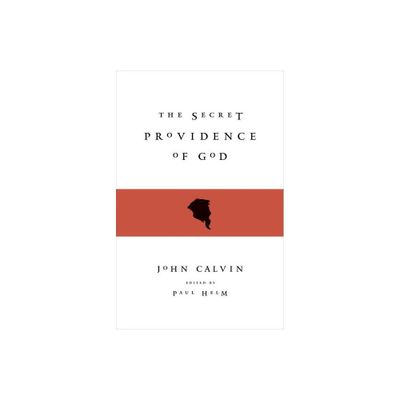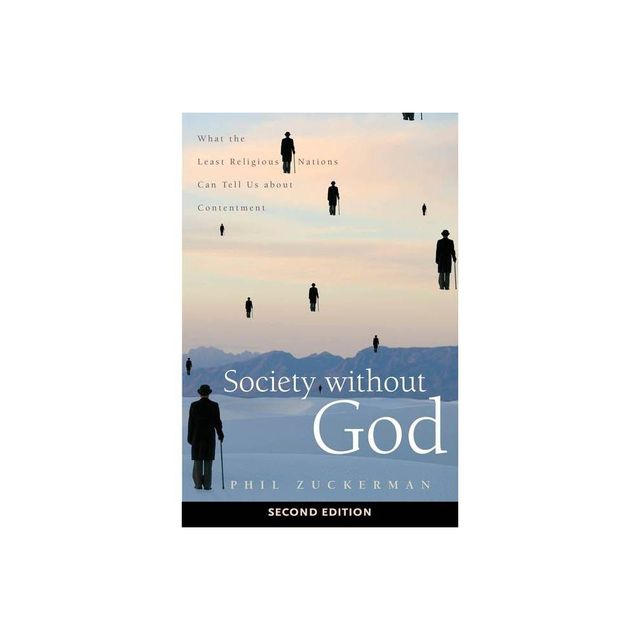Home
The Vigilant God: Providence in the Thought of Augustine, Aquinas, Calvin, and Barth, Second Edition
Loading Inventory...
Barnes and Noble
The Vigilant God: Providence in the Thought of Augustine, Aquinas, Calvin, and Barth, Second Edition
Current price: $54.95


Barnes and Noble
The Vigilant God: Providence in the Thought of Augustine, Aquinas, Calvin, and Barth, Second Edition
Current price: $54.95
Loading Inventory...
Size: OS
*Product Information may vary - to confirm product availability, pricing, and additional information please contact Barnes and Noble
The Vigilant God
by Horton Davies, a non-conformist minister who taught in the Religion Department of Princeton University and attended church regularly, is a reconsideration of the belief that God is still active in history. It is a reassessment of the theology of Providence in the thought of four major Christian theologians (Augustine, Aquinas, Calvin, and Barth) and of their views on predestination, theodicy, and free will, leading the author to consider the role it might have for the future of humanity.
The book starts with a sketch of the biblical sources relating to Providence, predestination, election, and reprobation. Davies sees Augustine’s doctrine of Providence and his view of evil as
privatio boni,
as greatly influenced by Plato and his followers. He dwells on Aquinas the man, his life and his character, open to Aristotle and his Jewish and Arab commentators, before plunging into the structure of his encyclopedic thought and works. Davies appreciates Calvin’s regard for Scripture as a means of illumination of the Spirit, but rejects the pastor’s views on predestination as tyrannical and unjust, and believes that Barth’s positive insistence on God’s universal mercy is necessary against the horrors perpetrated in the twentieth century.
by Horton Davies, a non-conformist minister who taught in the Religion Department of Princeton University and attended church regularly, is a reconsideration of the belief that God is still active in history. It is a reassessment of the theology of Providence in the thought of four major Christian theologians (Augustine, Aquinas, Calvin, and Barth) and of their views on predestination, theodicy, and free will, leading the author to consider the role it might have for the future of humanity.
The book starts with a sketch of the biblical sources relating to Providence, predestination, election, and reprobation. Davies sees Augustine’s doctrine of Providence and his view of evil as
privatio boni,
as greatly influenced by Plato and his followers. He dwells on Aquinas the man, his life and his character, open to Aristotle and his Jewish and Arab commentators, before plunging into the structure of his encyclopedic thought and works. Davies appreciates Calvin’s regard for Scripture as a means of illumination of the Spirit, but rejects the pastor’s views on predestination as tyrannical and unjust, and believes that Barth’s positive insistence on God’s universal mercy is necessary against the horrors perpetrated in the twentieth century.


















